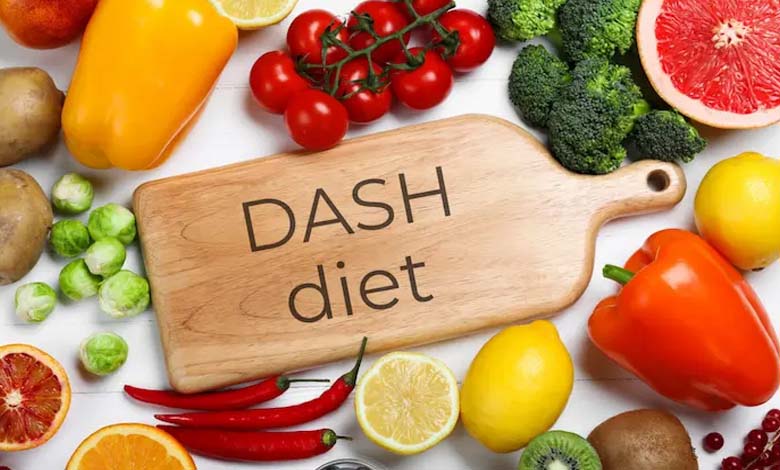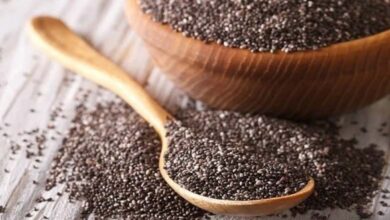The DASH Diet: A Science-Backed Strategy to Lower Blood Pressure and Boost Heart Health

The DASH diet (Dietary Approaches to Stop Hypertension) is a clinically tested nutritional approach developed to prevent and treat high blood pressure. Endorsed by leading medical institutions like the World Health Organization and the American Heart Association, it is grounded in scientific evidence demonstrating its effectiveness in promoting cardiovascular health and reducing hypertension.
-
Foods that promote good nutrition in the elderly
-
4 Foods That Boost Weight Loss with an Effect Similar to “Ozempic”
What is the DASH diet?
The DASH diet emphasizes reducing sodium intake while increasing essential nutrients such as potassium, calcium, magnesium, and dietary fiber. It encourages the consumption of fruits, vegetables, low-fat dairy, whole grains, legumes, lean meats, fish, nuts, and seeds.
Processed foods high in salt, added sugars, and saturated fats are discouraged. Unlike restrictive calorie diets, DASH promotes a balanced and sustainable way of eating that is suitable for the long term.
Benefits for Blood Pressure Control
The primary benefit of the DASH diet is its proven ability to lower blood pressure, even in people without diagnosed hypertension. A major NIH-sponsored study found that participants following the DASH plan experienced significant reductions in systolic blood pressure within just two weeks.
Key mechanisms include:
- Lower sodium intake (usually capped at 1500–2300 mg/day),
- Increased potassium levels to balance sodium’s effects,
- Vascular health support from antioxidants in fruits and vegetables.
-
3 Foods That Reduce the Risk of Heart Disease and Promote Gut Health
-
5 Foods to Boost Energy and Ease Winter Fatigue
Broader Cardiovascular Benefits
Beyond blood pressure control, the DASH diet helps:
- Lower LDL (“bad”) cholesterol levels,
- Improve the overall lipid profile,
- Reduce the risk of strokes,
- Prevent heart failure and atherosclerosis.
Long-term adherence to DASH has also been associated with reduced risks of type 2 diabetes, abdominal obesity, and metabolic syndrome.
-
“Fatty Meats” in the Spotlight: The Most Harmful Foods for the Liver
-
Best Foods to Prevent Colorectal Cancer for Generation Z
Practical Guidelines
To adopt the DASH diet in your daily routine:
- Eat 4 to 5 servings of vegetables and fruits each day.
- Choose whole grains over refined products.
- Opt for lean protein sources like skinless poultry, fish, or legumes.
- Season meals with herbs and spices instead of salt.
- Limit processed foods, deli meats, fast food, and salty snacks.
- Include low-fat dairy products.
The DASH diet is not just a dietary program — it is a lifestyle rooted in scientific research that supports heart health, manages blood pressure, and reduces the risk of chronic diseases. It is flexible, culturally adaptable, and designed to be sustainable. Choosing DASH means making a proactive commitment to long-term wellness and cardiovascular resilience.












